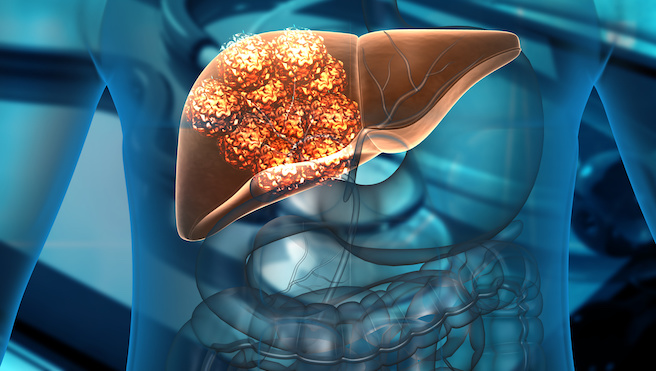
Is timing, type of immunotherapy key to transplant success in liver cancer patients?

A global cohort study has provided new insights into the use of immune checkpoint inhibitors in patients with hepatocellular carcinoma undergoing liver transplantation. Published in BMC Medicine, the study evaluated 386 patients who received immune checkpoint inhibitors either before or after liver transplantation and examined the impact of timing, drug type and biological markers on graft rejection and survival outcomes.
Immune checkpoint inhibitors, a class of drugs that stimulate the immune system to fight cancer, have shown promise in controlling hepatocellular carcinoma progression. However, their use around the time of transplantation has raised concerns due to the risk of immune-related graft rejection. This study is the largest to date examining peri-transplant immune checkpoint inhibitor use in this population.
Researchers found that overall graft rejection rates were similar between those who received immune checkpoint inhibitors before liver transplantation, at 17.5%, and after liver transplantation, at 22.1%, with no statistically significant difference. However, rejection after transplantation was associated with worse outcomes, including higher rates of graft loss, at 47.1%, and rejection-related mortality, at 47.1%.
The study identified key factors that influence rejection risk. Patients who received immune checkpoint inhibitors more than 30 days prior to transplant or had a drug washout period exceeding 1.5 times the drug’s half-life experienced significantly fewer rejections. Post-liver transplantation, high PD-L1 expression in the transplanted liver was linked to a greater likelihood of rejection.
“This global cohort study systematically evaluated the safety and efficacy of [immune checkpoint inhibitor] therapy in [hepatocellular carcinoma] patients in the Peri-[liver transplant] setting,” the authors wrote. “Optimizing the washout period and monitoring PD-L1 expression can enhance transplant outcomes.”
Read more: BMC Medicine
The article presented here is intended to inform you about the broader media perspective on dentistry, regardless of its alignment with the ADA's stance. It is important to note that publication of an article does not imply the ADA's endorsement, agreement, or promotion of its content.